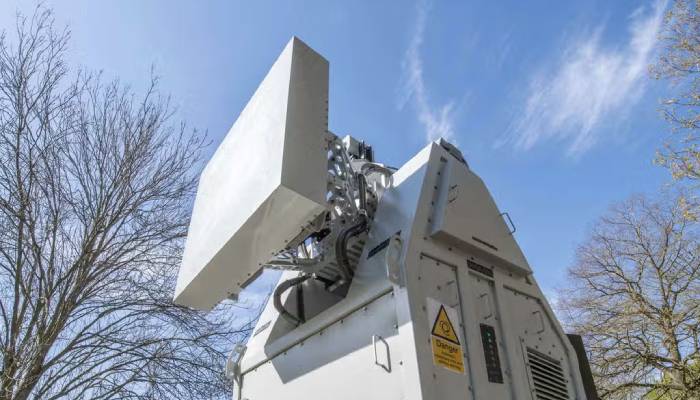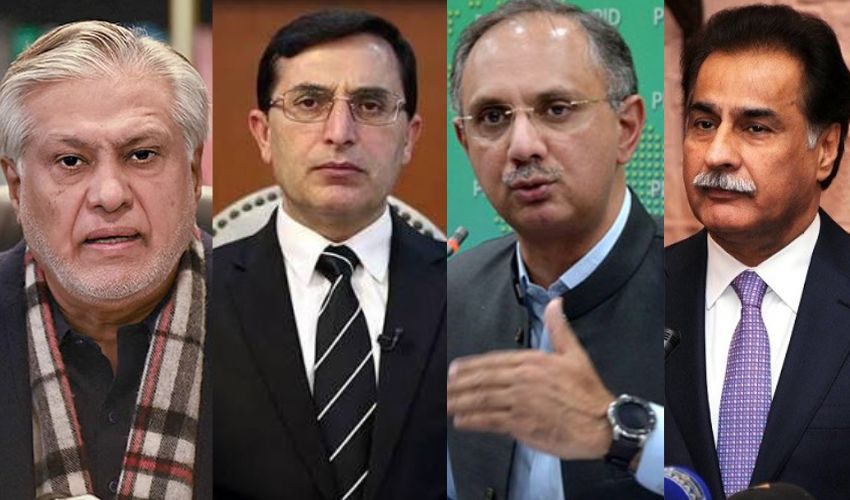The United Kingdom's armed forces are developing a state-of-the-art new weapon that shoots drones out of the sky using radio waves.
The goal of the Radio Frequency Directed Energy Weapon (RFDEW) is to cause enemy combatants' vehicles and drones to stop in their tracks or fall out of the sky by interfering with or damaging their vital electrical components.
Its range of up to 1km, which could be increased in the future, allows it to be utilized on land, in the air, and on the sea.
The announcement of the new weapon follows Prime Minister Rishi Sunak's promise to increase defence spending in the UK to 2.5 percent of GDP by 2030.
The device is being marketed as a cost-effective substitute for conventional missiles, with an estimated cost of 10p per radio wave shot. It has the potential to eliminate deadly drone swarms.
The system, which can be installed on a range of military vehicles, produces radio frequency energy pulses in the form of a beam that may be expanded to attack many targets or fired in sequence at once. The beam is powered by a mobile power source.
"We are already a force to be reckoned with on science and technology, and developments like RFDEW not only make our personnel more lethal and better protected on the battlefield but also keep the UK a world leader in innovative military kit," stated James Cartlidge, minister of defence procurement.
“The war in Ukraine has shown us the importance of deploying uncrewed systems, but we must be able to defend against them too.
As we ramp up our defence spending in the coming years, our Defence Drone Strategy will ensure we are at the forefront of this warfighting evolution.”
Throughout the summer, British soldiers will participate in extensive testing of the new weapons system.
Under Project Hersa, a collaborative team from the Defence Science and Technology Laboratory (DSTL) and Defence Equipment & Support (DE&S) is developing it in collaboration with the UK industry.
"These game-changing systems will deliver decisive operational advantage to the UK armed forces, saving lives and defeating deadly threats," stated Paul Hollinshead, chief executive of DSTL.



























